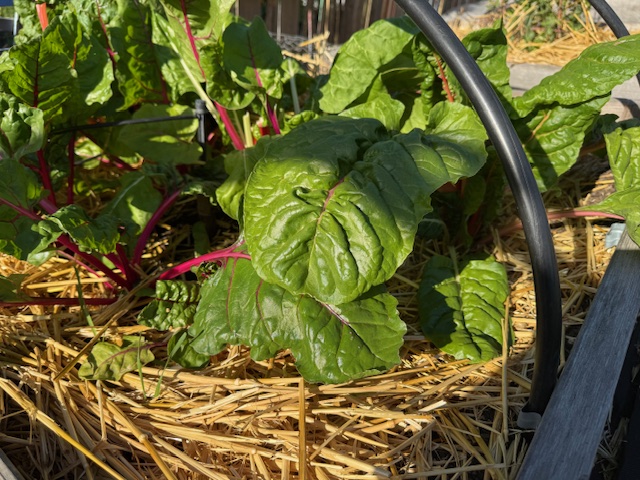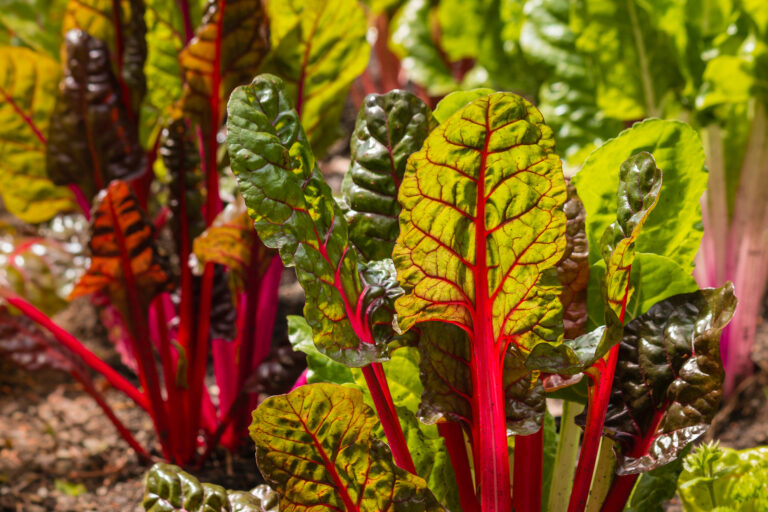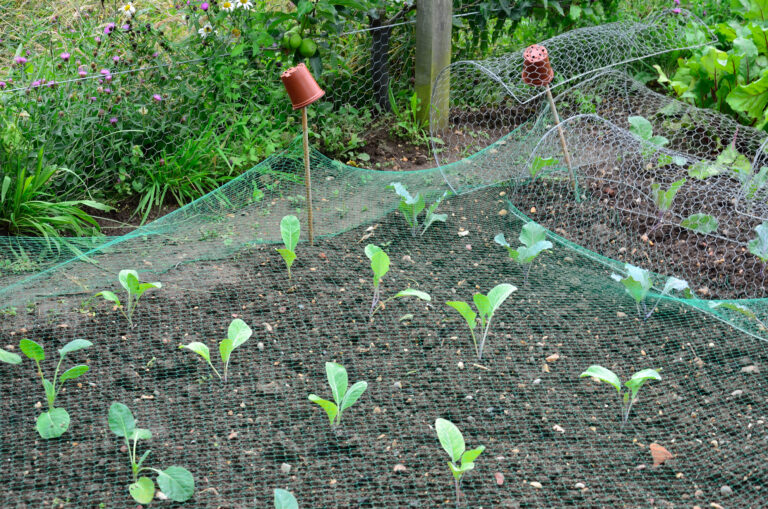Why Is My Swiss Chard Wilting? Common Problems and Fixes
Swiss chard is usually a resilient leafy green, but when it starts to wilt, it’s a clear sign that something is wrong. Wilting can be caused by environmental stress, pests, diseases, or nutrient imbalances. Knowing the cause is the first step to restoring your plants to health.
Common Reasons for Swiss Chard Wilting and How to Fix Them
1. Underwatering
- Symptoms: Droopy leaves, dry soil.
- Fix: Water deeply 1–2 times per week, more in hot weather. Mulch to help retain soil moisture.
2. Overwatering
- Symptoms: Yellowing, limp leaves, soggy soil.
- Fix: Improve drainage, reduce watering frequency, and let the top inch of soil dry before watering again.
3. Heat Stress
- Symptoms: Leaves wilt midday in hot sun but recover in the evening.
- Fix: Provide afternoon shade during heatwaves and water early in the morning to keep plants hydrated.
4. Pest Damage
- Symptoms: Chewed leaves, slimy trails (slugs), or visible insects (aphids, leaf miners).
- Fix: Hand-pick pests, use row covers, and apply organic pest control like neem oil or diatomaceous earth.
5. Nutrient Deficiency
- Symptoms: Stunted growth, pale leaves.
- Fix: Apply compost or organic fertilizer rich in nitrogen for leaf growth and potassium for overall plant vigor.
6. Root Diseases
- Symptoms: Persistent wilting despite proper watering, brown or mushy roots.
- Fix: Remove infected plants, improve soil drainage, and rotate crops yearly to prevent disease buildup.
Note from My Experience
In my raised beds, I’ve seen midday wilting even with adequate watering—often just temporary heat stress. However, when plants stayed limp in the morning, it was usually due to poor drainage after heavy rains. Adjusting watering and adding compost to loosen soil quickly solved the problem.
Takeaway: By identifying the exact cause of wilting—whether water, pests, heat, or disease—you can bring your Swiss chard back to thriving health.
🌿 Swiss Chard Learning Hub
Start here: The Ultimate Chard Growing Guide: From Seed to Harvest
✅ Planting & Seasonal Timing
- Swiss Chard Seed Starting Tips
- How to Grow Swiss Chard Year-Round in Mild Climates
- When to Plant Swiss Chard for Spring, Summer, and Fall Harvests
- Succession Planting Swiss Chard for Continuous Harvests
- Growing Swiss Chard in Containers
✅ Growing Techniques
✅ Care & Maintenance
- Watering Swiss Chard: How Much and How Often
- Why Is My Swiss Chard Wilting? Common Growing Problems and Fixes
- How to Keep Swiss Chard From Getting Bitter
✅ Pests & Diseases
✅ Harvesting & Use
- How to Harvest and Store Swiss Chard
- Five Ways to Cook Swiss Chard
- How to Harvest Swiss Chard So It Keeps Growing
✅ Varieties & Selection
- Best Swiss Chard Varieties for Colorful Garden Beds
- Top Swiss Chard Varieties for Small-Space Gardens and Containers
✅ Companion Planting & Rotation






